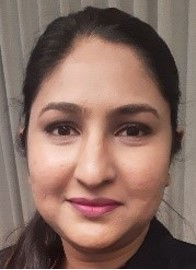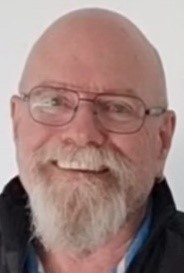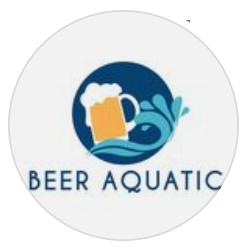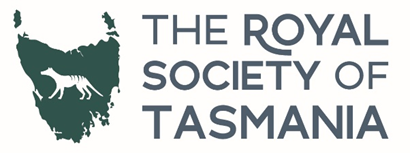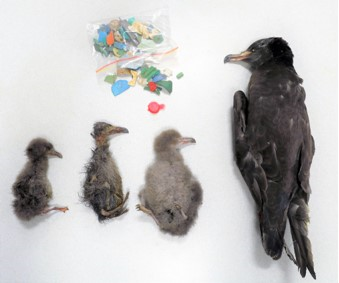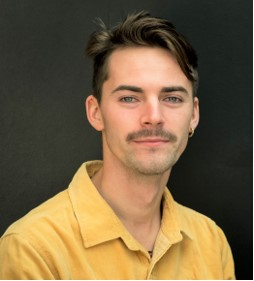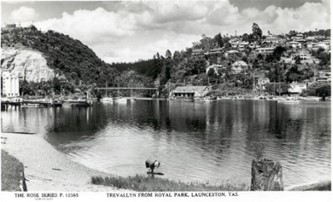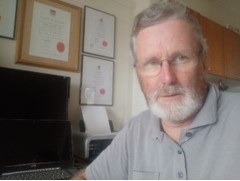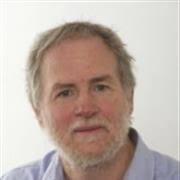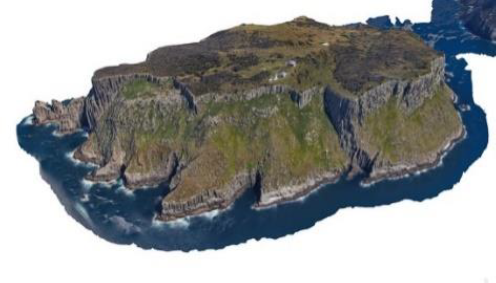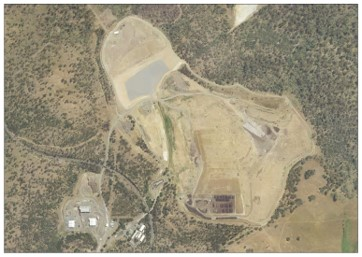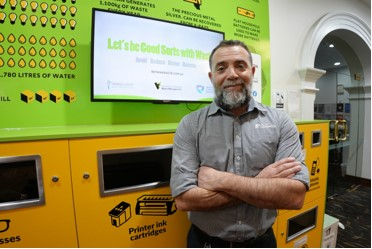The presentation will explore opportunities and technologies to facilitate decarbonisation of industrial systems through integration of renewable energy supply, storage and utilisation in practical commercial and industrial value chains.
Dr David Harris is a Chief Research Consultant with CSIRO Energy, based in Brisbane, and led CSIRO’s national low emissions and hydrogen-based energy research programs for more than 25 years. He now leads the development of major industrial-scale programs and projects across multi-sector energy value and supply chains, focusing on supporting demonstration and deployment of practical energy technologies that enable large scale renewable energy production, storage, transport, and utilisation.
